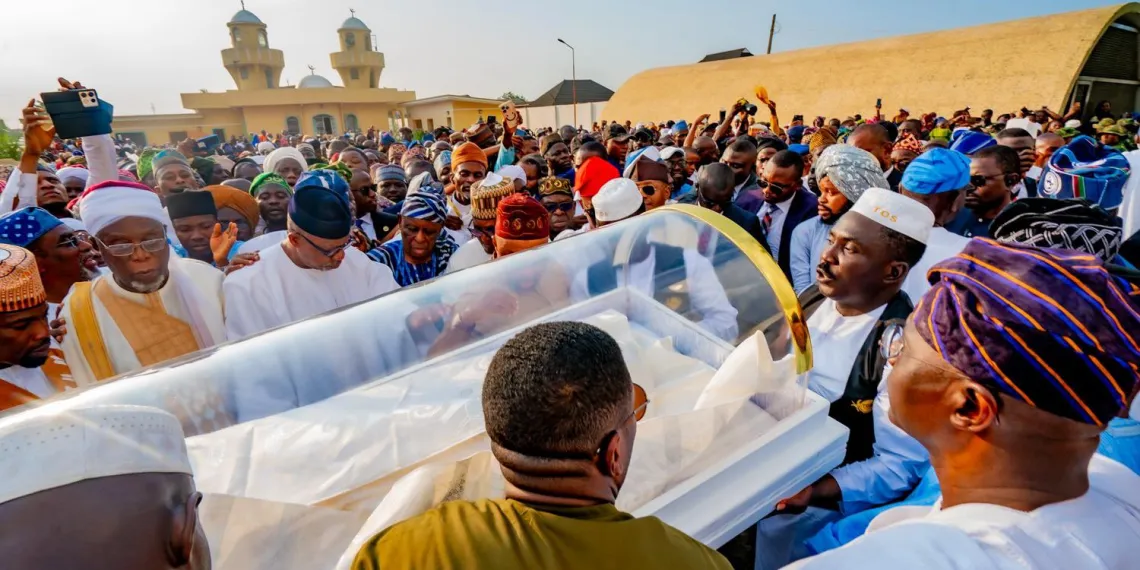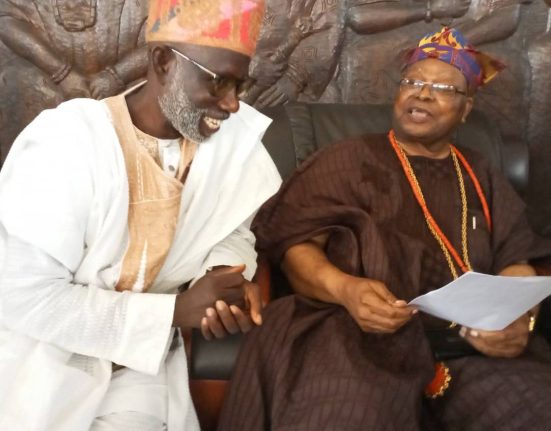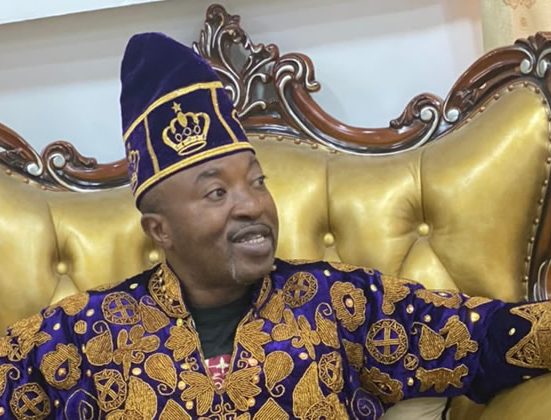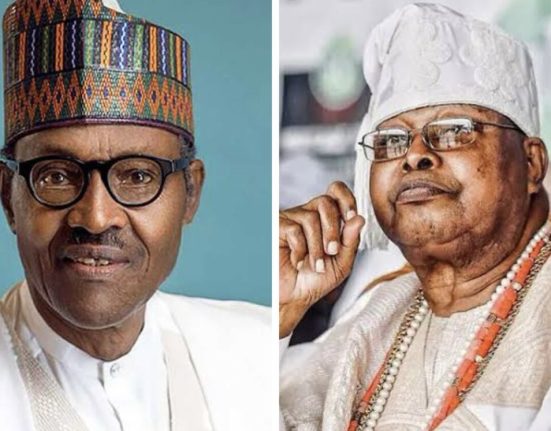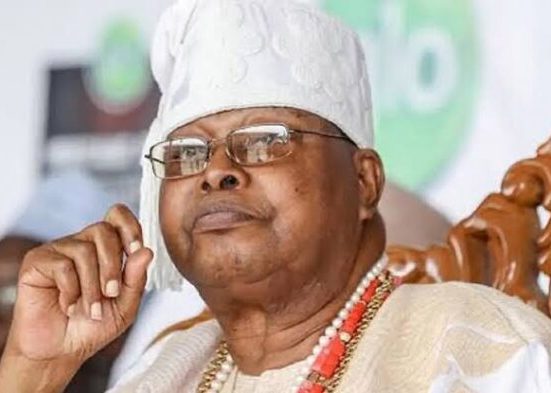The procedure for selecting the new Awujale of Ijebuland in Ogun State has come to light following the passing of the revered Oba Sikiru Adetona, the immediate past Awujale and paramount ruler of Ijebuland. Oba Adetona, who was Nigeria’s longest-serving monarch, died at the age of 91 on Sunday and was laid to rest at his private residence in Ijebu Ode the following day.
Oba Adetona ascended the throne on April 2, 1960, and his demise marks the end of an era. With the throne now vacant, attention has turned to the established customs that will guide the selection of his successor. Official documents obtained by our correspondents, including a declaration made under Section 4(2) of the Chiefs Law 1957 regulating the chieftaincy selection, outline the clear framework that will govern the process.
The declaration confirms that the new Awujale must be chosen from one of four recognized ruling houses, which rotate the privilege of providing candidates for the throne in a defined sequence. These ruling houses are the Anikinaiya, Fusengbuwa, Fidipote, and Gbelegbuwa families. The rotation order for nomination starts with the Anikinaiya ruling house, followed by Fusengbuwa, then Fidipote, and lastly Gbelegbuwa.
Candidates eligible for nomination must be male members of the ruling house. However, if no male heirs are available, succession may pass through the female line, provided the candidate’s mother is an ‘Abidagba’, a title denoting a true-born daughter during her father’s reign. In cases where no such ‘Abidagba’ exists, any child of a former Oba born before their father’s ascension may be considered.
The selection process involves thirteen kingmakers drawn from prominent traditional chiefs in Ijebu Ode. These kingmakers are divided into classes, including the Ilamuren Class, featuring chiefs like the Olisa and Ogbeni-Oja; the Odi Class; the Osugbo Class represented by the Oliwo of Ijebu Ode; and the Pampa Class, which includes key figures such as the Agbon and Kakanfo.
The ruling house due to provide the next Awujale convenes a family meeting, led by the family head or heads, to nominate candidates for the chieftaincy. These nominations are then submitted to the Odis, senior chiefs, who forward the names to the full assembly of kingmakers. The candidate who secures the unanimous approval of all kingmakers present is declared the new Awujale.
As Ijebuland prepares for this historic transition, the community watches closely, aware that the selection of the next Awujale will shape the cultural and political landscape of the region for years to come. This time-honored process reflects the deep respect for tradition and communal consensus that has long defined Ijebu land’s royal institution.

